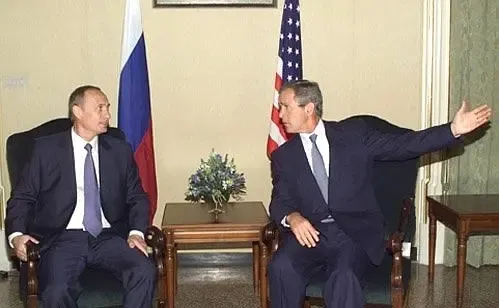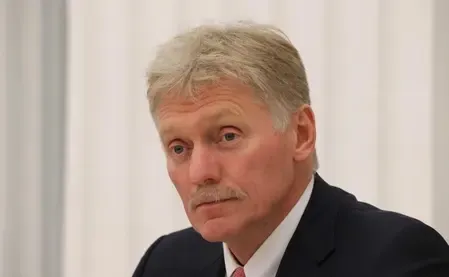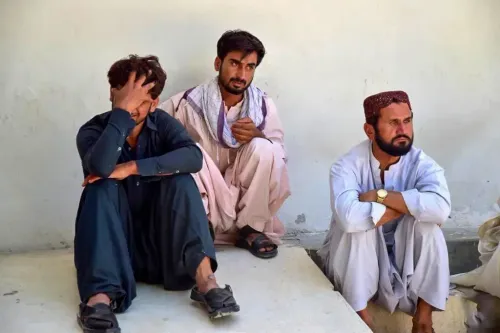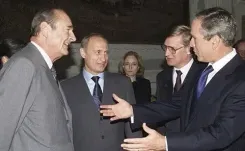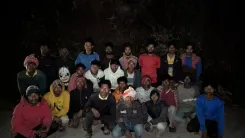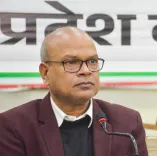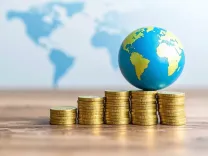Are Restrictive Laws and Political Pressures Undermining Media Freedom in Bangladesh?
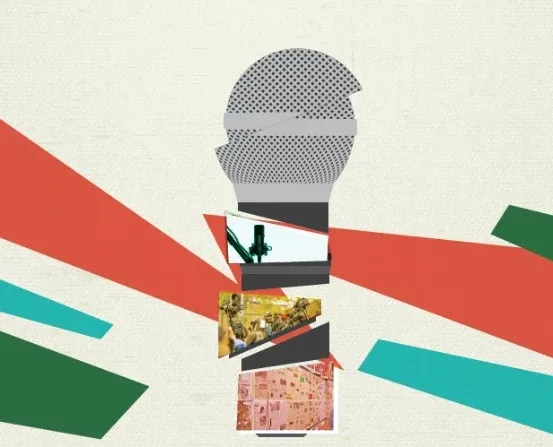
Synopsis
Key Takeaways
- UNDP and UNESCO report highlights media restrictions.
- Political pressures under Muhammad Yunus's government are identified.
- Recommendations for reforms to enhance media independence.
- Freedom of expression is crucial for democracy.
- Concerns raised about journalist safety and free speech suppression.
Dhaka, July 4 (NationPress) A new report has emerged that underscores the restrictive laws and political pressures which continue to curtail media freedom and public trust in Bangladesh under the interim government led by Muhammad Yunus. This report was unveiled by the United Nations Development Program (UNDP) and the United Nations Educational, Scientific and Cultural Organisation (UNESCO), with backing from the Embassy of Switzerland in Bangladesh.
The document, titled “An Assessment of Bangladesh’s Media Landscape: Free, Independent and Pluralistic Media”, provides an in-depth analysis of the challenges and opportunities that the media sector in Bangladesh faces during this critical transitional phase.
The collaborative assessment, carried out between July and December 2024, serves as a timely guide for significant reforms aimed at nurturing a more free, independent, and genuinely pluralistic media environment that responds to the recent political and social changes in Bangladesh.
Reports from local media indicate that Mahfuj Alam, an Advisor to the Ministry of Information and Broadcasting under the interim government, graced the event in Dhaka as the chief guest.
“The media must maintain ethics and accountability to ensure that public trust is not eroded again, protecting future generations,” stated the advisor.
Sonali Dayaratne, the Resident Representative of UNDP in Bangladesh, emphasized that this joint assessment highlights the necessary actions to safeguard media freedom and bolster public trust.
“A free, independent, and pluralistic media forms the bedrock of any vibrant democracy. We are dedicated to collaborating with partners like UNESCO to promote structural reforms, support media professionals, and enhance public awareness about the media’s essential role as a pillar of democracy,” she commented.
Alberto Giovanetti, Counsellor and Head of Political, Economic and Cultural Affairs at the Embassy of Switzerland in Bangladesh, remarked, “This assessment serves as a timely reminder that a free, independent, and pluralistic media is crucial for a thriving democracy.”
“We express our gratitude to UNDP and UNESCO for backing this significant initiative and urge all stakeholders to push forward the vital reforms needed to protect media freedom and enhance public trust,” he added.
Moderating the event, UNESCO Representative to Bangladesh, Susan Vize, remarked that freedom of expression is a fundamental pillar of democratic institutions.
“If we aim to foster a society that honors basic human rights and ensures quality of life, we must ensure that freedom of expression and media play a pivotal role in this process,” she noted.
Recently, a collective of 88 expatriate journalists, writers, researchers, and cultural and rights activists expressed profound concern regarding the “ongoing torture of journalists and suppression of free speech” in Bangladesh under the interim government led by Muhammad Yunus.
In a joint statement, the group claimed that since August 5, journalists in the nation have faced intolerable torture, adding that such occurrences have deeply “frustrated and disheartened” them.
They further alleged that efforts to suppress freedom of speech under the Yunus administration involve “various official and unofficial controls” over both mass media and social media, denouncing these actions as “shameful and repulsive.”



